Season’s Cheatings
Christmas, the Virgin Birth-ing day of Jesus, was first celebrated 300 years after that event, and in truth had nothing to do with it. The “War On Christmas” was actually the “War on Winter Solstice” a couple of millennia ago. Pre-history humans had a lot of time on their hands when they weren’t hunting and gathering.
Even though most of them left this temporal plane by age 40, that’s a few decades of unformatted thinking when you do not have the Internet, or even TV. The natural world became Allegory Central: Stars became constellations, places like Stonehenge were built at great effort, as the First Internet, the enveloping biosphere and distant visually present universe was, literally, a natural fixation where direct observation transitioned to subjective definition with no other data applied. Tilted as the earth’s spinning is, we have never-ending variation in the most basic metronome of all life – day and night.
Equatorial consistency aside, the temperate world is rocked by cycles of warmth and frigidity, growth and dormancy, waking and sleeping that were only predictable by focused observation. Survival was served by getting fed during dark and cold times and that meant preparing for them in warm and sunny times. But as humans are wont to do, interpreted meaning was extended beyond what could be seen. When things got cold and dark it took faith to believe that conditions would eventually bottom out and get warmer and lighter – providing comfort and sustenance .
Weather is and was a wild card, but a few millennia of millions of minds focused on the only channel we could receive, the natural world, meant that repetitive cycles could be predicted – if predicted, these varying locations of sun, moon and stars, ebbing and increasing light and warmth, growing and dying plant life begged for reasons for their variation. There was an abiding and unanswerable “Why?” with each sunrise, season and moon manifestation. Into that void imagination quieted the fear of the unknown by connecting the dots – literally in constellations, figuratively in any number of attempts at creational and cosmological Monday Morning Quarterbacking.
So when the sun stayed around longer just enough to be noticeable without a pocket watch, people reveled in the salvation from the cold and dark. When gathering gave way to farming, harvest focused on the end of a season of effort. Celebration was natural. So when Christians wanted to carry out the Great Commission of telling every soul in northern Europe about a person that changed everything a few centuries prior, they thought nothing of co-opting that existing celebration into their message – first in the liturgical ritualization of Advent, but ultimately in declaring the Savior just happened to be born at about the same time as the feasts that were already part of the Pagan calendar. Voila: Natural, cultural and religious synergy melded in branding and marketing for the Good News.
Given Christmas’ disingenuous underpinnings of moving a Birthday Party to the dead of winter from a date that probably happened sometime in the spring it should not be surprising that the rest of the secular world ultimately grabbed onto that celebration to make money.
The mesh of faith, science, and humanity is unendingly messy -facts of belief and values leverage scientific exploration, but the data collected never has closure unless interpretation can draw conclusions that are inevitably subjective. Gravity is an objective reality: what causes it is subject to subjectivity. We are the same entities as those who made animal sacrifices for a better harvest. We go with what we know, no matter how incomplete, to sleep at night. As the fact base grows, the flow of faith is trending away from what we feel to what we know: http://www.harrisinteractive.com/NewsRoom/HarrisPolls/tabid/447/ctl/ReadCustom%20Default/mid/1508/ArticleId/1353/Default.aspx
The abiding human need to live for something beyond survival can spiral away from a view of a higher good – whether it’s away from a moral code or committing to know more to make things better. Hedonism has always been the flipside of altruistic dedication, whether to God or Science. But with internet access to everything /everywhere/all the time humans bathing in our own capacity to revel in the here and now has fewer cautionary sensibilities. In a season created to inspire faith beyond what’s known, Christmas, the recent boomerang blowback of self-absorption in immediate gratification takes on a familiar edge of hedonism: http://santacon.info/ http://www.dailymail.co.uk/news/article-2527748/Emergency-services-busy-night-Mad-Friday-descends.html
Whether is SantaCon or Mad Friday the same folk dubbed “The Young Invincibles” by the healthcare industrial complex have few childcare, mortality or career focus overrides to pre-empt bacchanalia. “If it feels good, do it.” was not invented in the ’60’s, and its clearly undiminished as a lifestyle choice. Flipping a natural truth into a pre-existing mindset is not limited to Christmas. Where once fear of the unknown begat leaps of faith, knowing of unknowns begets leaps of data to create things like “The God Particle” and Dark Matter. Everything is now debatable: one person’s factual Climate Change is another’s unsupported Global Warming. Presidents are heroic or evil – not much in between.
Transformative interpretations are part of who we are. The emerging cynicism about all things offered without a You Tube video to back it up holds a long distance mirror to the shaky connection between the Baby Jesus and the Winter Solstice. When Santa Claus has a higher Q rating than Christ or the Higgs particle, the triumph of marketing over faith and fact is as fresh now as it was 1700 years ago when Christmas was born.
In the end, the means do not always demean the ends – whether Christian, Pagan or Molly popping nihilist, we are all hard wired to find more than what we can get in the here and now. When those early evangelicals warped history to surf the wave of a pre-existing celebration to invent a birthday for Jesus it was to help us see a Light that our eyes cannot. Like Santa Claus for children, Christmas is just a platform for giving. Without it, saints would still be devotional, but the rest of us would find very good reasons not to put the extra lump of coal in the stove to warm the office.
We need constructions to free our latencies – Karaoke to sing, Weight Watchers to lose fat, and, for many of us, Christmas to do unnecessary acts of love. If we had confidence in our righteousness we could spontaneously sing, always have a perfect BMI, and love our neighbor 24/7. Without some provocation we can sit in our caves and curse the darkness. But each of us has a birthday we had nothing to do with other than fulfill a miraculous coincidence of science and hope in birth. But we instinctively hold onto our birthday as a point of essential humanity.














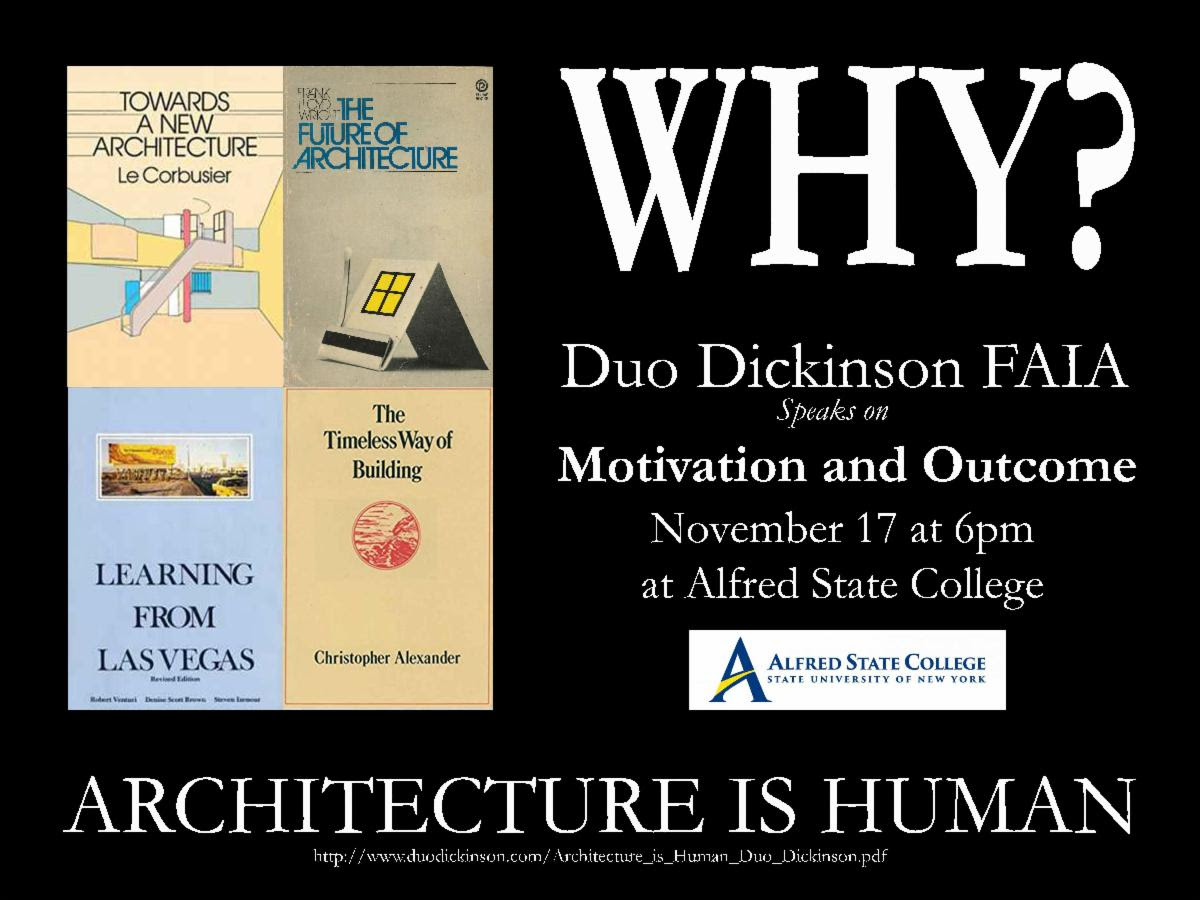























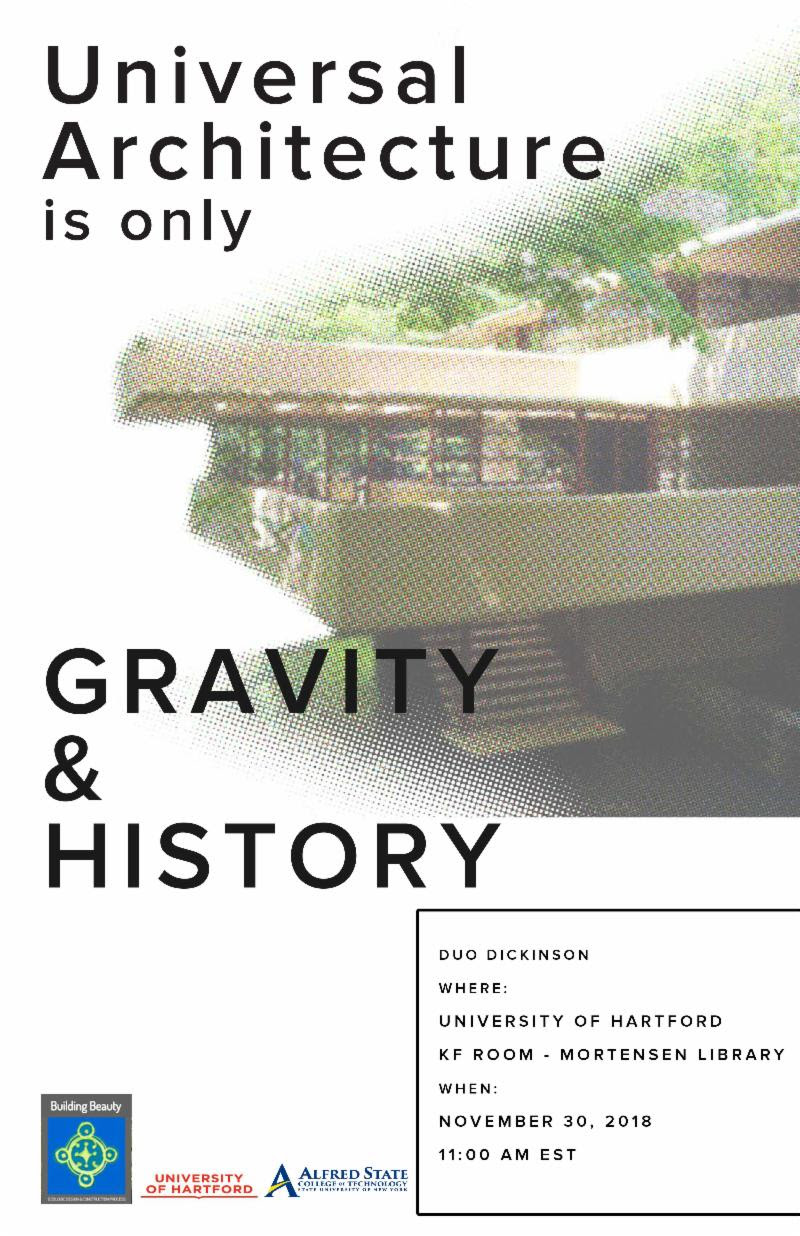

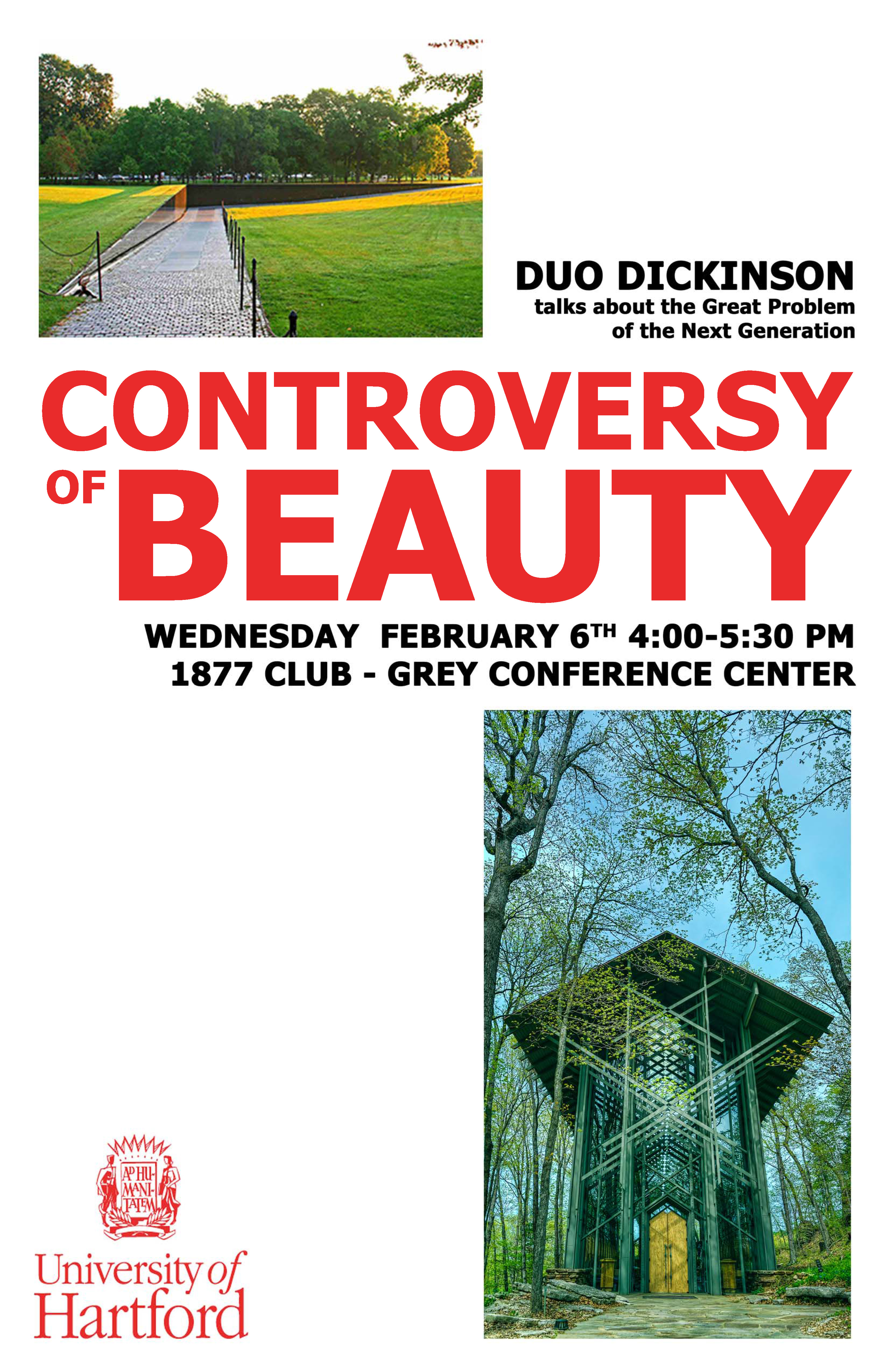

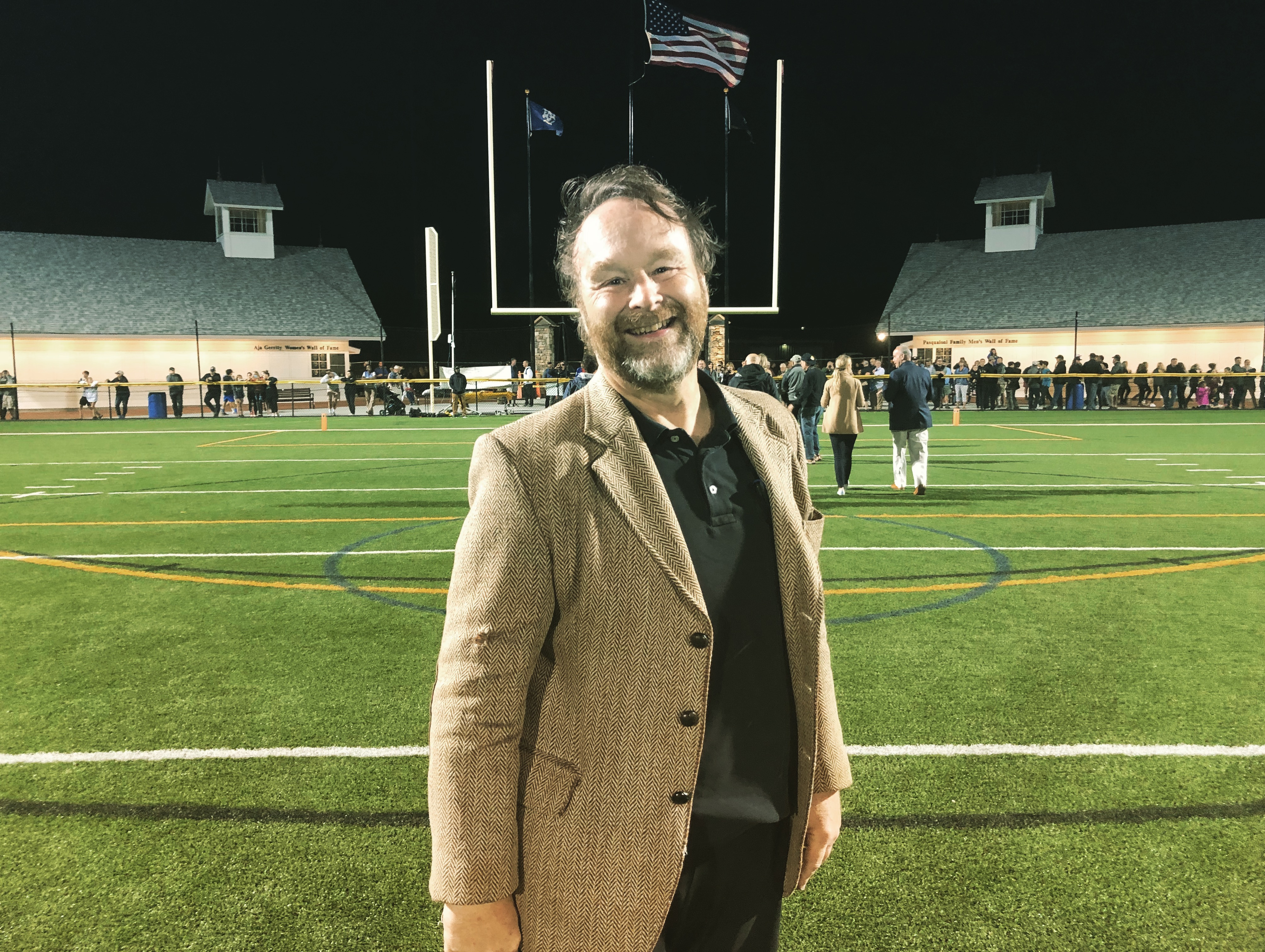















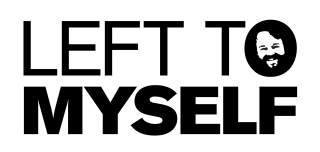






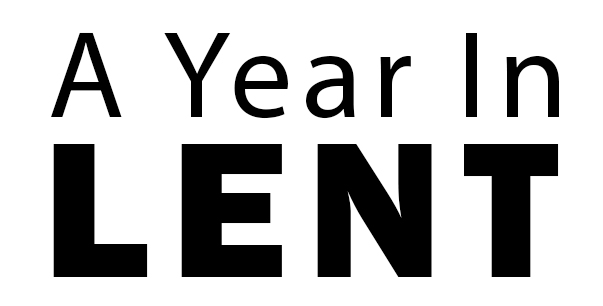
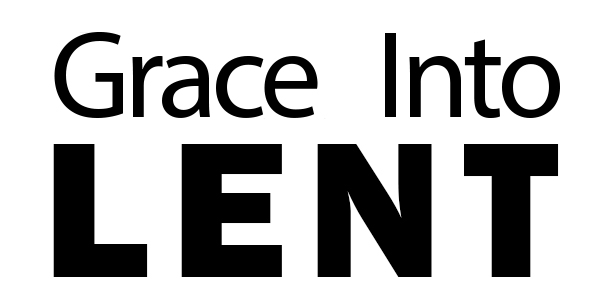


Trackbacks